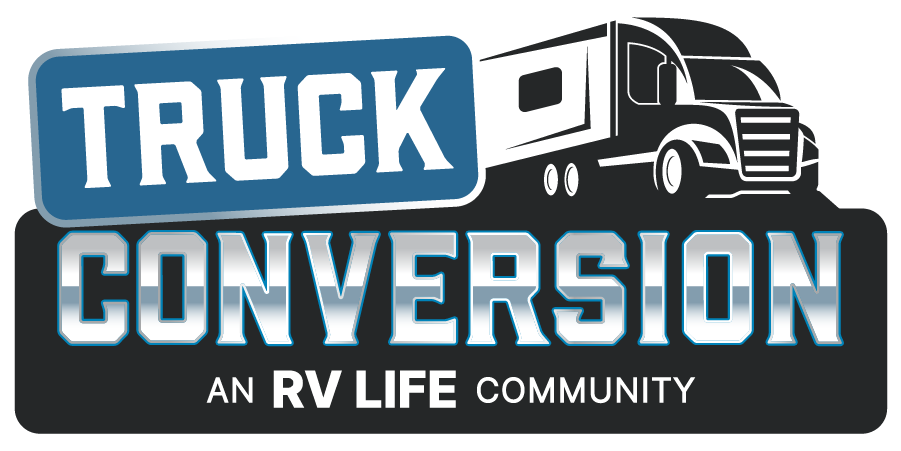Onegreatsteak
New Member
- Joined
- Dec 29, 2005
- Messages
- 5
Still got to move to more open spaces before starting but I have a few more questions.
What are the laws about what constitutes a motor home? maximum weight/ length/ height/ width. One set I gather is it needs a bed, cooking space and bathroom, none of which is of course a problem. Also I found some where there is a 26000 pound limit for motor homes but this may not be true in all states. The state in which I reside is Georgia so it will primarily be what I need to start with.
I have seen some discussion on legal problems in some states. Are there some states that should be avoided with a class 8 conversion? My understanding is that other states should honor the registered home state laws so if it is legally tagged and titled no problems should exist.
In my planning for size I need ideas on what will exclude me from parking in some parks. Also what size of waste water, clean water and gray water tanks to use.
Are there any discussions on how to build a slide-out? I would like to do one but I am weary about the potential for leaks. One good rule of engineering is that parts that can be left out need no service and cause no failures. This rule cannot be beaten so I wonder if it is worth the effort/expence.
I am trying to make a tentative bill of materials and plans so I can arrange finance & hopefully avoid any abrupt changes in direction after making a commitment.
What are the laws about what constitutes a motor home? maximum weight/ length/ height/ width. One set I gather is it needs a bed, cooking space and bathroom, none of which is of course a problem. Also I found some where there is a 26000 pound limit for motor homes but this may not be true in all states. The state in which I reside is Georgia so it will primarily be what I need to start with.
I have seen some discussion on legal problems in some states. Are there some states that should be avoided with a class 8 conversion? My understanding is that other states should honor the registered home state laws so if it is legally tagged and titled no problems should exist.
In my planning for size I need ideas on what will exclude me from parking in some parks. Also what size of waste water, clean water and gray water tanks to use.
Are there any discussions on how to build a slide-out? I would like to do one but I am weary about the potential for leaks. One good rule of engineering is that parts that can be left out need no service and cause no failures. This rule cannot be beaten so I wonder if it is worth the effort/expence.
I am trying to make a tentative bill of materials and plans so I can arrange finance & hopefully avoid any abrupt changes in direction after making a commitment.

